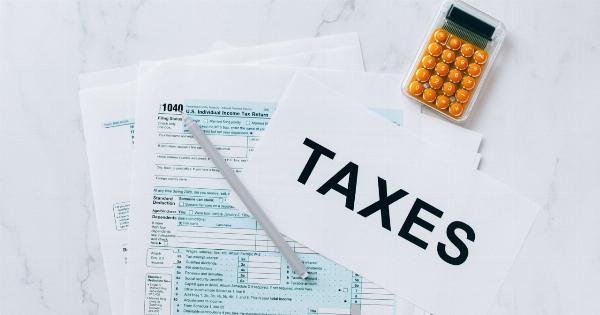When it comes to managing your finances, it’s always a good idea to find ways to save money. However, some savings options might not be immediately obvious. One such option is the power of exemption.
With the right understanding of exemption laws, you can unlock a variety of savings opportunities that you might not have known about before.
What is an Exemption?
In the world of finance, an exemption is a legal provision that allows you to exclude certain assets or income from being used to pay off debts or taxes that you owe.
In effect, exemptions are a way to protect your finances and your assets from being seized or otherwise used to satisfy outstanding debts or obligations.
Exemptions can be used for a variety of purposes, but they tend to be most notable in two specific contexts: bankruptcy proceedings and tax returns.
Exemption in Bankruptcy Proceedings
If you’re facing financial hardship and cannot pay your debts, filing for bankruptcy can help you get back on track.
Bankruptcy proceedings are handled by the courts, which evaluate your financial situation and help you develop a plan for addressing your outstanding debts.
However, bankruptcy can be a complex process, and it’s important to understand the role that exemptions can play in protecting your assets.
When you file for bankruptcy, you’ll typically be working with a trustee – a court-appointed individual who will be responsible for administering your bankruptcy case and ensuring that your debts are handled fairly. Your trustee will also be responsible for identifying assets that can be sold or otherwise liquidated in order to pay off your debts.
However, not all assets are subject to seizure. Depending on the laws in your state, certain property might be exempt from bankruptcy proceedings.
Common examples include personal items like clothing and household goods, as well as cars and homes up to a certain value. By taking advantage of these exemptions, you can protect your assets and keep them from being used to pay off your debts.
Exemption in Tax Returns
Exemptions can also be used to help you save money on your tax returns. In this context, exemptions refer to certain deductions or credits that can reduce your taxable income, thereby lowering the amount of money you owe in taxes.
Common examples of exemptions include:.
- Personal exemptions: these refer to deductions that can be claimed for each person included on your tax return, including yourself, your spouse, and any dependents.
- Exemptions for disabilities: if you or a dependent has a qualifying disability, you may be eligible for additional tax exemptions.
- Exemptions for education: students and parents paying for college expenses may be able to claim education-related exemptions on their tax returns.
By taking advantage of available exemptions, you can significantly reduce your tax burden and save money on your tax returns.
Exemption Tips
If you’re interested in taking advantage of exemptions to save money, it’s important to keep a few key tips in mind.
- Know your state’s laws: exemptions vary by state, so make sure you understand the rules that apply to you.
- Be aware of changes: exemption laws can change over time, so make sure you stay up-to-date on any updates that might affect you.
- Work with a professional: if you’re filing for bankruptcy or preparing a complex tax return, consider working with a finance professional who can help you navigate the process and identify all available exemptions.
Conclusion
Exemptions can be a powerful tool for unlocking savings and protecting your assets.
Whether you’re filing for bankruptcy or preparing your tax return, make sure to understand the exemption laws that apply to your situation so that you can take advantage of all available opportunities to save money.




























